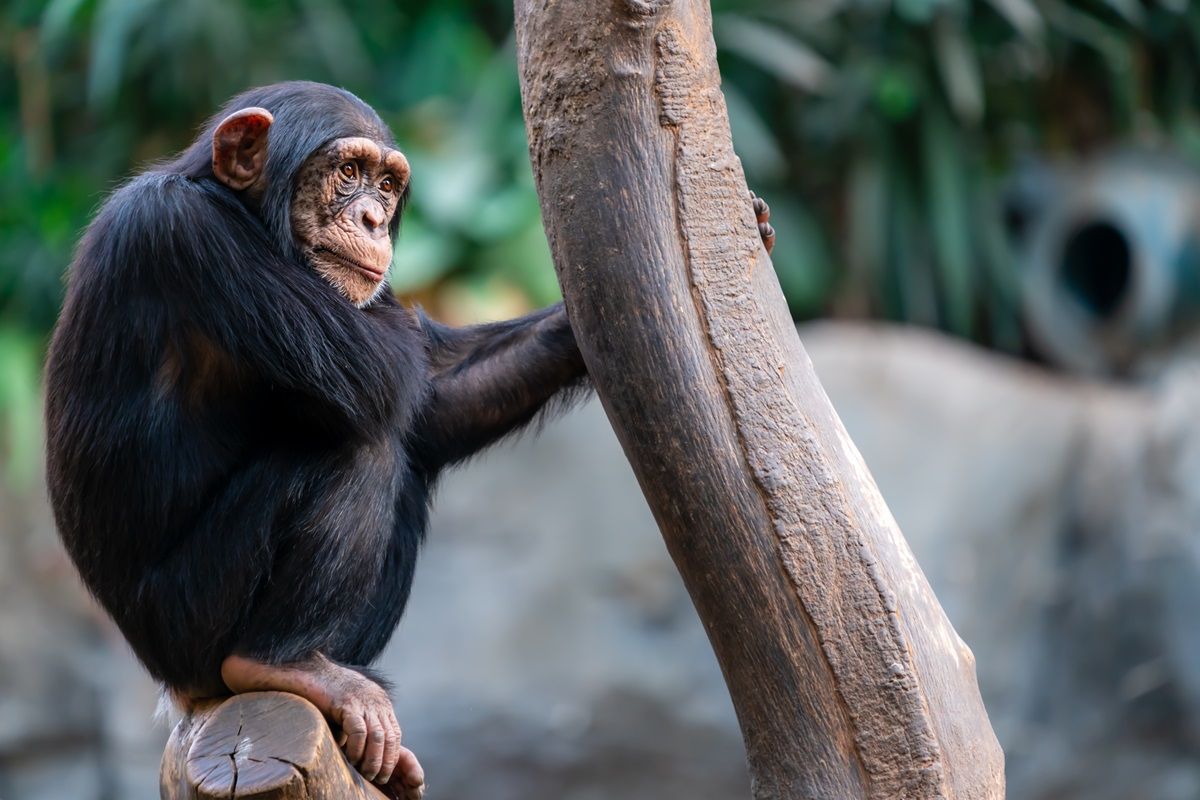Any chimpanzee from Kibale National Park in Uganda will tell you, being top banana has its advantages. High ranking males get all the respect, and get to mate with most of the females. They have more offspring and are winners in the evolutionary survival game. The trouble is, being a high ranking male can have a cost.
Achieving and maintaining a high rank in their dominance hierarchy often involves aggressive confrontations. To maintain that aggression a hormone called testosterone is very helpful.
Testosterone is linked to the development of secondary sexual traits like facial hair in humans and showy feathers in birds. It's also important for muscle development, metabolism and maintaining aggression. Research with many species has shown high ranking individuals have high testosterone levels, so what's not to love about this male hormone?
It has a dark side. A wide variety of animal studies have shown that males with higher testosterone levels have depressed immune systems.
Chimpanzees fight to be top banana, but researchers wondered if being a high ranking male had its down side. To check their suspicions, they tested a wild chimpanzee population, using fecal samples to measure testosterone levels and look for intestinal parasites. They found that high ranking males had higher testosterone levels. They also had more unique types of helminths, types of parasitic worms.
Scientists aren't sure that high testosterone levels suppressed the immune system to increase parasite load directly, or if higher ranking males had increased social contact, exposing them to more parasites, but it sure looks like the culprit is testosterone. Being top banana has its privileges, but it also has a cost: more parasitic worms.
Learn more
Source
M.P. Muehlenbein & D.P. Watts. The cost of dominance: testosterone, cortisol and intestinal parasites in wild male chimpanzees. BioPsychoSocial Medicine 2010










